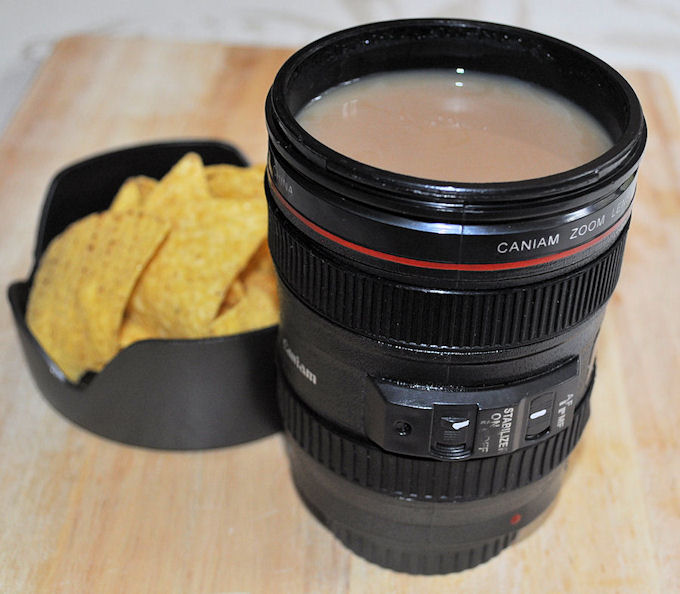
This blog post is my opinion only and does not constitute legal advice. Please consult a solicitor if you need to know more or feel you have been affected by copyright law.
We’re all uploading images to our websites, blogs and social media profiles, but are we all doing it legally? So many people seem to think it’s okay to take someone else’s picture and use it.
What image thieves don’t seem to know, is that as our technology and software improves, people find more and more ways of finding the images and being able to do something about it.
What is Legal in the UK?
Pictures are valuable, there is no denying that. Everyone who has a website wants to have highly visual content as it makes our pages look unique, fresh, interesting and draws readers in.
I’ll talk from the blogging point of view since this website is a blog.
If I need a picture, could I just use one I find online?
No – any image is copyright to the owner. What that means is that any photo that you took yourself, belongs to you. It doesn’t matter if it’s a photo or a picture you’ve drawn, nobody is allowed to copy it without asking and getting your permission first.
When Can I Use Someone Else’s Images?
- You took the picture yourself and it doesn’t belong to an employer, or you bought the copyright.
- The License terms specify that you can use it.
- Fair Dealing.
What is a License?
In terms of images, a license gives the rights to use images. If in doubt about an image don’t use it. Creative commons is a type of license that depends on what the owner wishes to share and how. If the creative commons license gives you conditions of using an image, follow them. There are stock photo libraries where you can buy images or use them free with a credit and link back to the author and the website you received it from. Some licenses might just state for use in news, editorial or non-commercial.
Fair Dealing
As far as our blogs and commercial businesses go, it’s probably safe to presume that fair dealing won’t apply. These tend to be non-commercial use for research, criticism and review. The image must be credited to the owner and can’t be used in current event reporting. As a general rule, I stay away from this type of image use as it’s just too easy to get it wrong.
Privacy
Photographers can argue all they like about being able to take photos of anyone, anywhere, but in reality, we all need to consider who is in our images. I only post images I have taken myself, bought, credited, or asked the permission of the people who own them. We don’t have an automatic right to display all content. Famous people may be able to sue, but just because Joe the public will find a harder time proving intrusion of privacy, it isn’t an excuse to go free rein and use images of anyone you feel like taking pictures of.
Search Engine Images
Google is a popular image search tool. You can’t just automatically take an image and use it. It has to fall within the categories of use. Where you are allowed to use an image, the owner will usually expect their work to be credited on every page it is used, and on the same page as it appears.
Commissioning a Photographer
When you commission someone to take images for you, they keep the copyright unless they have signed over the rights to you as part of the contract. That means you do not have automatic right of ownership and it means they can use the images for you for other things. Typical functions like weddings, parties and special occasions with a photographer are regularly copyright stamped. That means you have no right to copy the images, even if you are in them.
Employing a Photographer
If the photographer works directly for you and taking the image is part of their job, then you can keep the rights to those images.
Hotlinking
If you link directly to the image on someone else’s website, it is known as hotlinking. What happens is that you use a link which showcases the image on your website but you don’t upload it to your server. The direct link for it means that the image is pulled to your blog from their website directly. In this case, you are using their bandwidth to load their image on your website. As well as being against the law, you could also find that the owner replaces the image with something unsavoury to teach you a lesson.
What Could Go Wrong, Who Would Know?
It’s all subjective. The value of an image can make the deciding factor in any copyright case. The potential fallout could cover damage to reputation as well as fines. Damages awards could be quite high depending on the situation, and photographers are very sensitive of their work being stolen by others. There are plenty free sites which have reasonable costs, so there is no need to steal pictures from other people.
Some software is now able to pick up the copies of an image on other websites, and there are some companies who WILL go after people using their images. Be warned, they can afford to sue.

Add anything you like. Cooking is all about changing ingredients to suit what you have or what you prefer. I…
Thankyou for your recipe would it be okay to add some chopped bacon , Mushrooms, Cauliflower and broccoli to this…
Thanks for the article, very informative